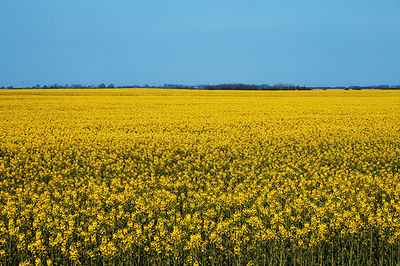Evaluating a research question
From WikiEducator
| Introduction to research | ||
|---|---|---|
| Getting started | Defining research | The research process | The research question | Evaluating a research question | Finding information | Research methods | Presentation | Summary | |
Good research questions are clear, easy to understand, focused, substantively relevant and important. They will start from general questions that become more refined as the researcher increases their familiarity with the subject.
Example of refining a research question
Consider the following example on a research topic relating to the effects of global warming and commercial crop production. We start with a general question and provide feedback on the refinement process.- First iteration: What are the effects of global warming on crop production?
- Feedback: Interesting and valid question, but very broad, and too big to handle within the constraints of a typical research study. For example, does "effects" refer to growth, productivity, the size of the fruit or physical attributes of the crop?
- Second iteration: How does global warming affect post-harvest production of crops?
- Feedback: The effect is now scoped, but what types of crops: fruit, forestry, grain?
- Third iteration: How does global warming affect post-harvest production of cereal crops?
- Feedback: The crop is now scoped, as is the effect. However, the location of such a study is still vast. "Cereal" could be rice in Thailand, wheat in Canada or spelt in New Zealand.
- Fourth iteration: How does global warming affect post-harvest production of cereal crops in New Zealand?
- Feedback: This is much more specific and well-defined as a research question which will allow a focused search for information and study design. Depending on scope and time, the researcher may still want to narrow this down to a specific cereal crop.
Using the question you developed previously, answer the following questions:
|
